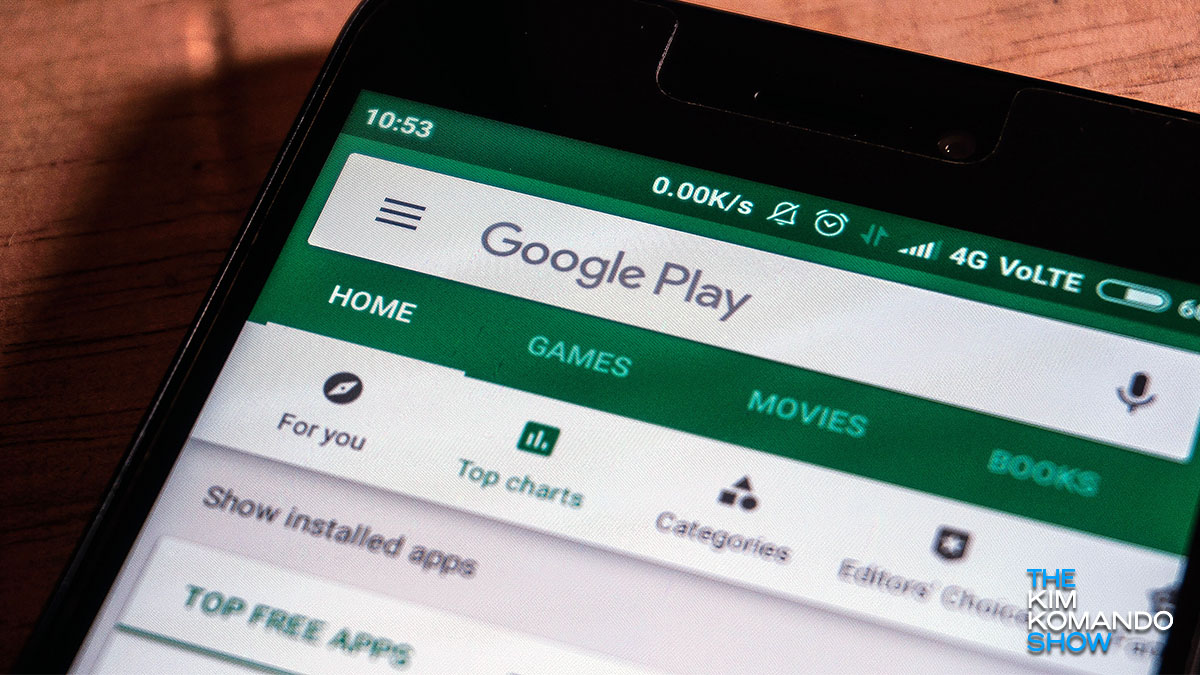These iPhone apps have scammed people out of millions
Apple prides itself on a strict app review process, but it seems even the strongest measures can’t stop scams from slipping under the radar. A recent report from the Washington Post exposed some glaring holes in the App Store’s defense. Reporters said nearly 2% of the 1,000 highest-grossing apps were a form of scam.
This news comes after Apple claimed it’s stopped over $1.5 billion in “potentially fraudulent transactions” in 2020. Despite its best efforts, Apple’s store is still vulnerable to app scams — and they cost users like you a ton of money. In fact, market research firm Appfigures says fraudulent apps defrauded users out of around $48 million.
The worst part about these apps is how hard they are to spot. They can pop up as fun and exciting apps on entertainment, news, or exercise — or they can even claim to boost your cybersecurity (while in reality, they’re just weakening your defenses). Since it seems scammy apps are here to stay, we’ve got some helpful tips you can use to recognize dangerous ones.
Of the 1.8 million apps you’ll find on the App Store, there are countless scams
Many of them masquerade as real companies, hoping you won’t notice the names are slightly different.
For instance, if you own a Samsung television, you can go to your iPhone’s App Store to download the remote control app “SmartThings.” One software engineer named Simon Willison told the Washington Post that he found an app called “Smart Things.”
Notice the difference? Two apps popped up: one with a space and one without. The copycat app, “Smart Things,” will charge you $19. Fall for the trick and you’ve lost money as well as your faith in Apple’s review process.
Willison told the Washington Post his trust in Apple’s review process tricked him into dropping his hard-earned cash. By assuming the App Store was thorough enough to recognize and expel fake apps masquerading as the real deal, he was down $19.
“I thought, ‘Wow, Samsung has gone downhill. They’re nickel and diming me for my remote control?'”
Let this be a lesson to you. When you’re looking up apps, don’t let your eyes glaze over the titles. Many copycat apps rely on you not double-checking the title. That’s an easy way for you to fall into big trouble.
Misspellings, strange spaces and typos are all signs you’re dealing with a fake app
It’s similar to the concept of typosquatting. It’s also known as URL hijacking when a bad faith actor misspells a popular domain name to garner traffic and scam visitors. They’re banking on users misspelling URLs and other important information on the web.
Hundreds of fleeceware apps found in app stores - Don't be tricked into paying
Whether you want to learn a new language, edit photos or seek counseling, you can find an application or service to help you out. Some will not charge you any money, though they may collect payment in other forms, such as your personal data.
17 apps you need to delete: File converter, PDF scanners and more

Finding decent apps for your Android can be tricky. On one hand, you have tons of apps to choose from thanks to Google’s open-ended app store. On the other, a good portion of apps you’ll find on Google Play are buggy, ad-filled or downright malicious.
Nasty malware spotted in 6 apps - delete these now

Has your phone been acting up recently? Are you experiencing sluggish performance or a surge of annoying popups? Have you noticed an unexplained uptick in your monthly Google Play statement? If so, you may have fallen victim to the latest batch of malware lurking in plain sight on Google’s app store.
Check your phone! 23 apps you must delete right now

If you don’t do enough research before downloading an app from Google Play, you could end up with something nightmarish installed on your Android phone that wastes your battery and bombards you with spam. It’s almost like clockwork each month when a new batch of these apps is discovered.
Check your phone! Two apps you need to delete now

When you download a useful app with premium features, always check to make sure it’s actually free. A subset of programs on Google Play and the Apple App Store deceptively offer free access when you first download them, only to switch gears and start charging you once your “free trial” ends.
Check your phone! These 3 iPhone VPN apps are a scam

Not all malicious software plants malware or spyware on your phone. Instead, some masquerade as legitimate programs upon first glance — only to strike at you later with ridiculous fees and charges you weren’t expecting.
Check your phone! iPhone apps with 3.5 million downloads are stealing money

Malicious apps on official app stores like Google Play are nothing new. In the past year alone, thousands of money and data-stealing programs have been found and deleted by Google — and many more are probably still waiting to be discovered.
